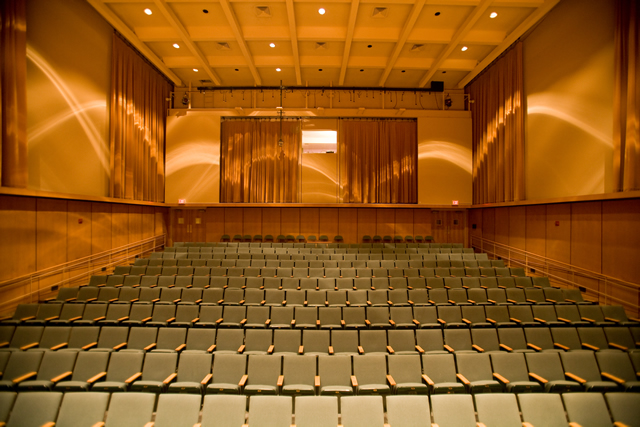
Music ETDs
Publication Date
Spring 5-4-2020
Abstract
ABSTRACT
In the mid 1960s, almost 100,000 Egyptian Nubians, people Indigenous to the Nile River Valley, were removed from their ancestral homeland due to the creation of the Aswan High Dam. In the years surrounding their displacement, Nubian musicians in Cairo and villages in new settlement areas gathered traditional Nubian songs and composed new songs to form a distinctive Nubian musical repertoire. This thesis addresses contemporary Nubian musical performance and the role of these reclaimed and newly-written songs in maintaining and revitalizing not only Nubian languages and culture, but especially senses of self in relation to place and, above all, to the Nile River. Using frameworks of Arabization, settler colonialism and Bhaba’s concept of re-membering (1994), I show how songs re-create Nubian communal ways of knowing and being that reconnect Egyptian Nubians to the material homeland they left behind, or, in the case of so many young disenfranchised Nubians, have never even known.
Degree Name
Music
Level of Degree
Masters
Department Name
Department of Music
First Committee Member (Chair)
Dr. Kristina Jocobsen
Second Committee Member
Dr. Ana Alonso-Minutti
Third Committee Member
Dr. David Bashwiner
Fourth Committee Member
Dr. Michael Frishkopf
Fifth Committee Member
Dr. Trevor Reed
Language
English
Keywords
Nubian, displacement, acoustemology, embodiment, environment, soundscape, ecological theory of perception
Document Type
Thesis
Recommended Citation
Homeyer, Regan L.. "Sounding the Nile: River Politics, Environment and Nubian Musical Expression." (2020). https://digitalrepository.unm.edu/mus_etds/49
Included in
Ecology and Evolutionary Biology Commons, Epistemology Commons, Ethnomusicology Commons, Indigenous Studies Commons, Musicology Commons, Near Eastern Languages and Societies Commons
